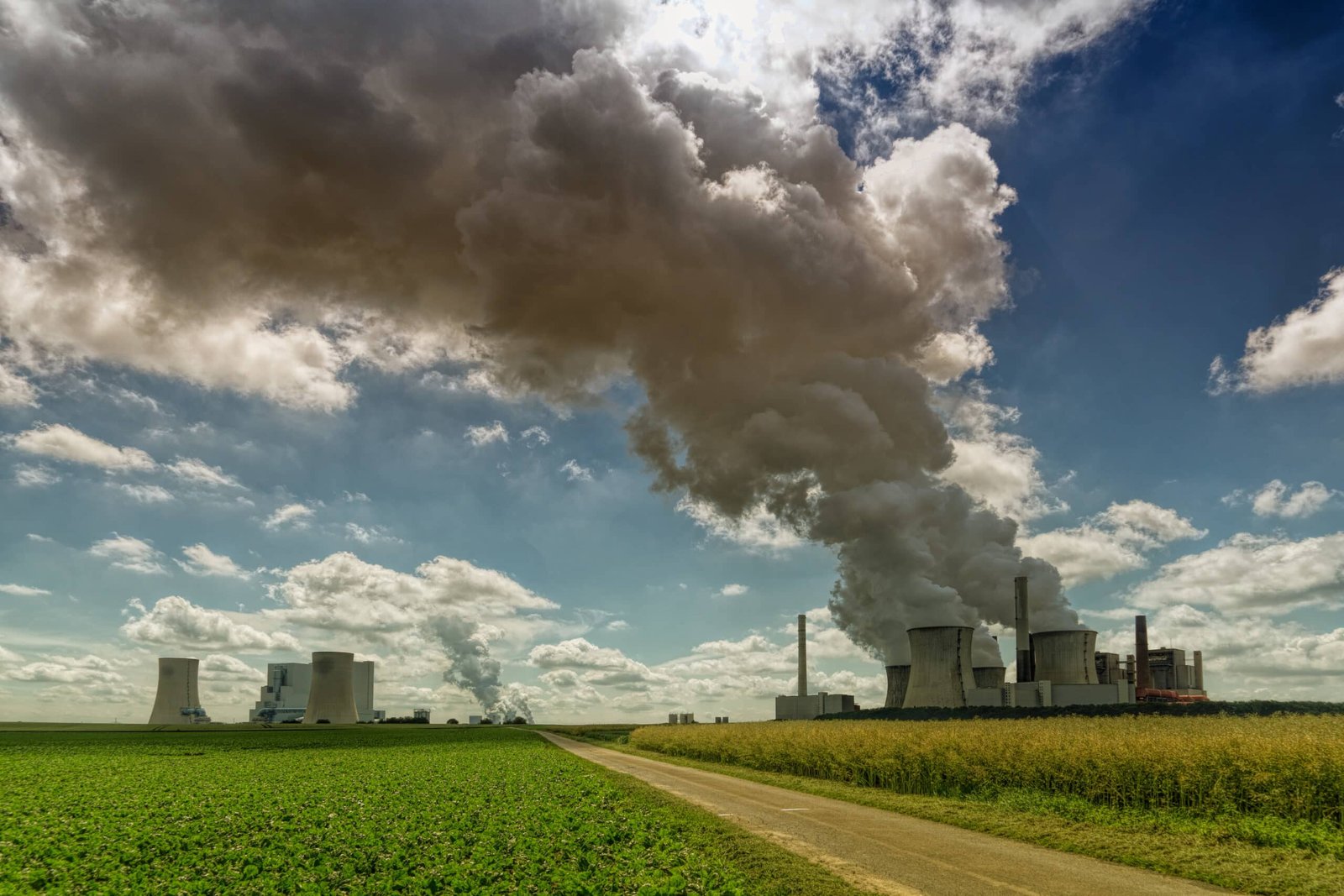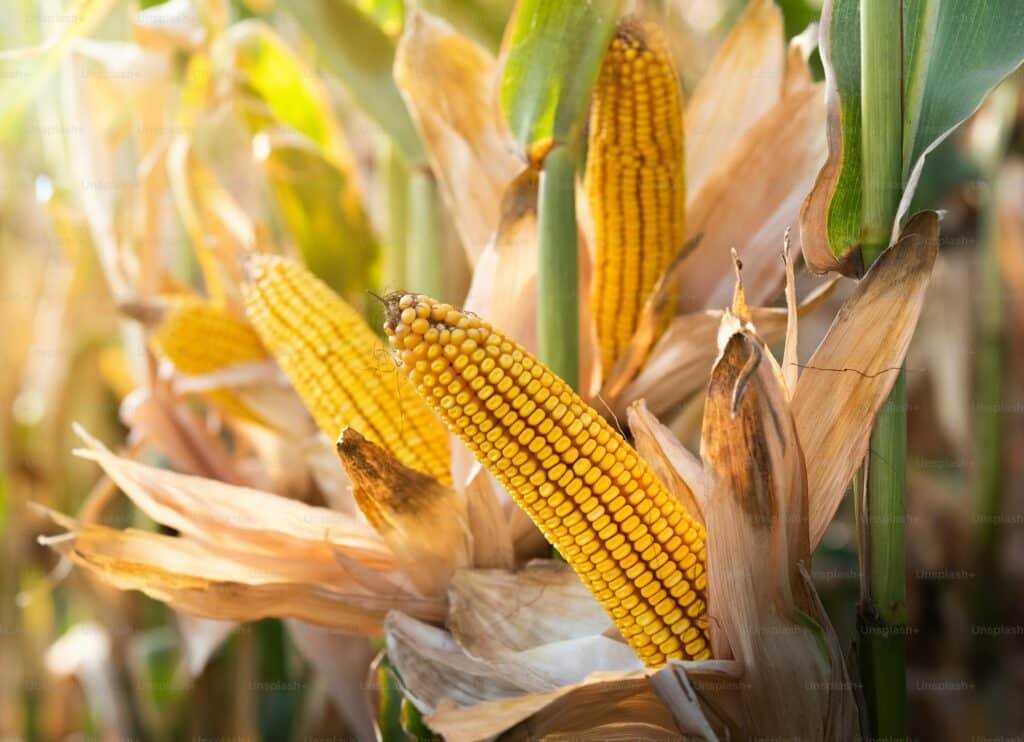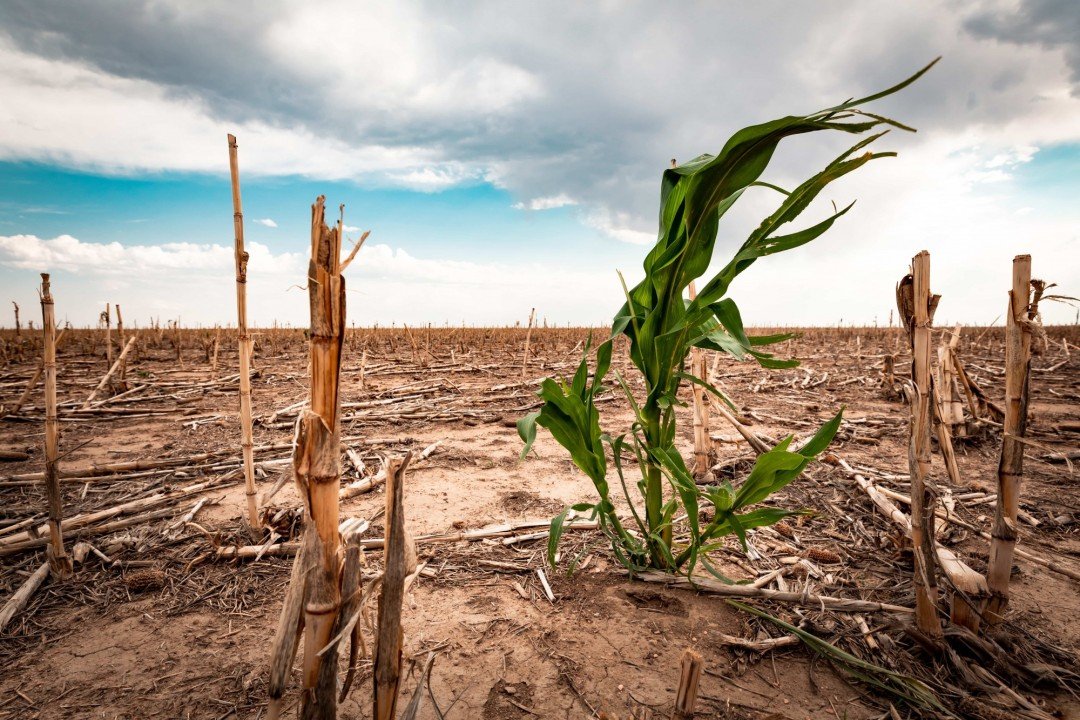Our Mission
To Bring Resourceful Insights to Build Resilient AgTech Businesses for a Changing Climate
Our Manifesto for Change
The Agricultural and Livestock Sector: At the Heart of Global Food Security
The agricultural and livestock sector is a cornerstone of global food security, directly influencing the health, livelihoods, and well-being of billions worldwide. This sector produces approximately one-third of the world’s greenhouse gas emissions, with its environmental impact intensifying as populations grow and demand for food rises. [1]
According to the FAO, climate-smart agriculture—emphasizing low-carbon practices, soil health, and water efficiency—is essential to achieving the goals of the Paris Agreement and securing food resources for future generations. [2]
By addressing climate change in these agri-food giants, companies can contribute to sustainable development goals, meet consumer demands for eco-friendly products, and benefit from economic incentives like carbon credits, tax benefits, and green financing. Furthermore, sustainable practices reduce risks, meet regulatory requirements, and respond to growing market demands for eco-friendly products.
The United States and Brazil are critical players in the global agri-food sector, responsible for a substantial share of food exports and greenhouse gas emissions from agriculture and livestock. Their scale means that climate-resilient investments in these regions have the potential to not only reduce emissions but also safeguard food security worldwide.

The United States
Agriculture is responsible for about 10% of total greenhouse gas emissions in the United States, with livestock and fertilizer use being primary sources. Methane emissions from livestock, for instance, accounted for nearly 27% of U.S. methane emissions in 2021. [3]
Brazil
In South America, Brazil’s agricultural sector is also one of the largest emitters of greenhouse gases, contributing significantly to deforestation and carbon emissions. Brazil emitted 2.4 billion gross tons of greenhouse gases in 2021.
Global Impact
Climate pollution from land use change rose by 18.5%. In the agriculture sector, emissions increased by 3.8%, reaching 601 million metric tons of carbon dioxide equivalents. Brazil is among the top six greenhouse gas emitters globally, accounting for 3% of the world total, behind China (25.2%), the U.S. (12%), India (7%), the European Union (6.6%), and Russia (4.1%). [4]
Thus, investing in the agricultural and livestock sector with a climate-resilience approach is not only crucial for sustaining global food security but also offers businesses a strategic advantage.

Forecasts
Climate change has reduced food security and impacted water security due to warming in recent years, changing precipitation patterns, and the increased frequency and intensity of climate extremes. According to the Intergovernmental Panel on Climate Change (IPCC), health and food production risks will be worsened by the interaction of sudden losses in food production due to heat and drought, compounded by heat-induced losses in labor productivity. [5]
“Observatório do Clima” emphasizes that climate change is expected to decrease Brazil’s crop productivity in the coming decades if no adaptation measures are taken, due to rising temperatures and altered rainfall patterns impacting key crops like coffee, soybeans, and sugarcane.
Brazil’s agricultural productivity is highly vulnerable to climate variability, with studies predicting that by 2050, soybean yields could decrease around 15%. [6]
Corn yields also will be impacted by climate change. [7]


The USDA’s Climate Adaptation Plan underscores that climate change is already affecting crop yields and livestock productivity in the U.S., with projected increases in extreme weather events, such as droughts and floods, leading to estimated crop losses in billions of dollars annually. The Fourth National Climate Assessment estimates that by mid-century, climate change could lead to declines in agricultural productivity of up to 10% in certain U.S. regions, due to temperature increases, altered rainfall patterns, and soil degradation.
Given its scale, any improvements in sustainable practices or emission reductions in U.S. and Brazilian agriculture can have a profound impact globally. Sustainable practices, like no-till farming, efficient fertilizer use, and resilient agricultural practices, like drought-resistant crops, can reduce the agricultural sector’s emissions footprint, contributing to global climate goals.
Contributions for Brazil and The U.S.
Brazil
The National Policy on Climate Change—PNMC, established in 2009, sets Brazil’s framework for reducing emissions across sectors, including agriculture, with specific goals for sustainable land management and reduction of illegal deforestation.
Some initiatives, like RenovaBio, launched in 2017 by the energy sector, increased biofuel production while reducing greenhouse gas emissions. It emphasizes the use of sustainable biofuels to lower emissions from the energy and transportation sectors. RenovaBio has incentivized sustainable biofuel production, leading to a significant reduction in emissions from Brazil’s transportation sector. This program also integrates well with agricultural practices, providing alternative markets for crops like sugarcane and soy.
In addition, the ABC+ Plan aims to increase climate resilience in Brazil’s agriculture by restoring degraded pastures, increasing carbon capture, and encouraging sustainable practices. By 2030, the plan seeks to reduce emissions by 1 billion tons of CO₂.
Supporting Brazil’s low-carbon initiatives presents an opportunity for investors to drive substantial emission reductions, gain access to carbon credits, and support Brazil’s international climate commitments, thus contributing to a more sustainable global agri-food system.
The United States of America
Since the release of USDA’s Action Plan for Climate Adaptation and Resilience in 2021, USDA’s Research, Education, and Economics agencies are growing our understanding of climate change impacts on food systems and developing response options to both the acute shocks and long-term changes we anticipate.
USDA is committed to improving the climate resilience of sites, fleet, and facilities and implementing its Departmental Regulations and Directives for sustainable and climate-adaptive operations of assets: land, buildings, and structures. In addition, climate adaptation efforts will target streams, rivers, lakes, and reservoirs to ensure that the nation’s forests and grasslands continue to provide clean and abundant water to downstream communities, even after extreme events.
The Economic Research Service has been expanding the resources it allocates to developing data products, enhancing modeling capabilities, and producing new research products that inform discussions of how to facilitate farm- and sector-level adaptation to changing climate conditions and risks.
By promoting initiatives that combine environmental stewardship with productivity, the agri-food sector for both countries demonstrates a commitment to both national and international climate targets, making it a model for sustainable agricultural development.
Our Objective
Building Resilient AgTech Businesses For A Changing Climate
Our endeavors harness world-class research and insight to create actionable frameworks that drive profitability, reduce carbon footprints, and ensure food security for generations to come.
Harvest 4 Change aims to explore the Agtech Businesses mapping effective practices and strategies to thrive in more responsible and sustainable food production. The primary activities include evaluating dimensions across AgTechs: Vulnerability, Readiness and Innovative Capacity to enhance innovation management and support public policies for the agri-food sector.
Further contributions:
- Promote Sustainable Business and Methods.
- Understand Challenges and Changes Through Insightful Researches.
- Strengthen Policy and Regulatory Frameworks.
